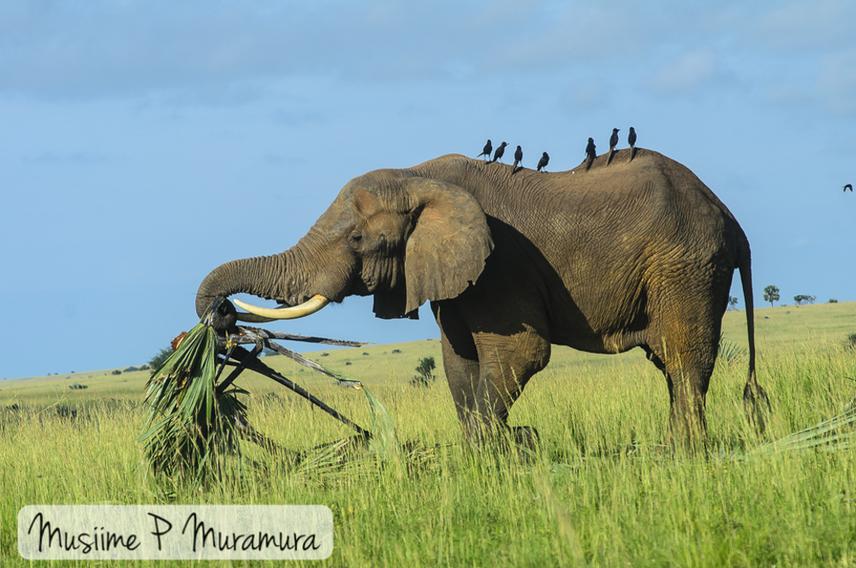Ingrid Nyonza Nyakabwa
The purpose of this study is to explore how wildlife poaching is changing, according to experts and local community members engaged in and contributing to anti-poaching efforts in Uganda. This study will focus on poaching and reach out to experts working widely on anti-poaching and wildlife protection efforts in Murchison Falls and Queen Elizabeth National Parks. This research is designed to examine anti-poaching efforts as described in interviews with local wildlife officers, Non-Governmental Organizations (NGOs) and local conservation leaders working on the frontlines to stop poaching. Information gathered will be summarized without identifiers and shared anonymously among all interviewees in an effort to share successful practices and lessons learned between and within countries in this rapidly changing conservation landscape. This will allow managers, NGO leaders and community leaders to learn from each other without physically spending time and money to be together in a bid for crime control and conservation.

Elephant in Queen Elizabeth National Park, Uganda.
The landscape of wildlife poaching in Africa is changing rapidly. Wildlife poaching is defined as the illegal extraction of wildlife resources, some of which commonly include rhino horn, ivory, pangolin scales, to mention but a few.
Additional insights about how to manage poaching risks is critical for more effective crime control and sustainable conservation. Understanding this is critical at both the local scale, from the standpoint of the deep connection local people have to the wildlife, and the larger scale efforts to mitigate poaching with a focus on species counts, black markets and technology.
It is assumed that local communities are a big part of the poaching problem since they have immediate access to wildlife, and they potentially are a big part of the solution since they are the most immediate custodians of the natural heritage. This concept is called Vernacular Conservation, an understanding of conservation efforts from the local scale both spatially and temporally. Given that people living around parks have their own story to tell and their own ideas on how to manage the parks and the poaching problem, this research will be conducted on these populations and their interaction with park authorities and NGOs involved in the anti-poaching efforts. This will help build a body of knowledge on the local communities’ initiatives to help curb poaching and contribute to solutions on how to manage wildlife poaching, as well as preserve their indigenous knowledge and cultural heritage. This will be done through interviews with local leaders.
There are volumes written on anti-poaching strategies and techniques but there is little literature supporting and documenting the insights and suggestions of local wildlife officers and other local conservation leaders on their assessment of what anti-poaching efforts and strategies are most effective. The viewpoints of local authorities working on the frontlines of anti-poaching efforts are valuable additions to effectively addressing the poaching problem across Africa. Further, the perspective and insights from local residents are equally important in effectively tackling poaching.